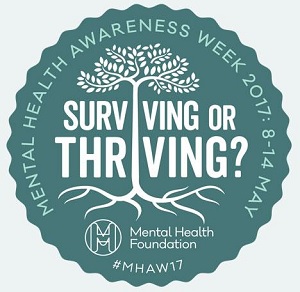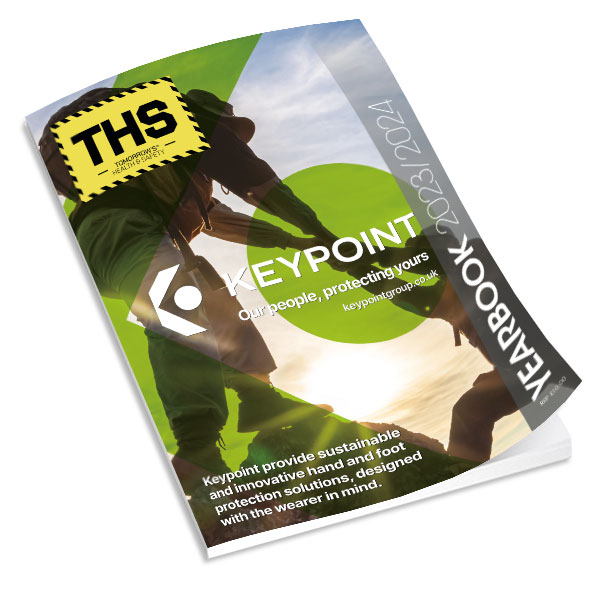Claims for mental illness are nearly as prevalent as for cancer under employer-sponsored group income protection policies, but Group Risk Development (GRiD) suggests employers could make much better use of the mental health support that comes along with group risk products (employer-sponsored life assurance, income protection and critical illness).
As one in four are reported to be affected by mental ill-health, it might be that it isn’t the employee themselves that is suffering, but one of their dependants. This is likely to affect the employee too, and they can access support.
Katharine Moxham, spokesperson for GRiD said: ‘Although welfare counselling must adhere to certain guidelines to avoid potential tax implications, we really want to get the message home that, as employees can be affected when dependants suffer with mental ill-health, some help can also be provided to an employee’s dependants via an Employee Assistance Programme (EAP). Many group risk policies include access to these services at no extra cost.’
Mental ill-health can affect anyone at any time in their lives – not just employees at a certain level that might be offered core employee benefits. Group risk help comes into its own here. The support under a group-risk-facilitated EAP for example is frequently extended to everyone in a company, not just those directly insured (for instance, senior management).
Mental health support is not just the domain of gilt-edged group income protection. Support is frequently also found attached to group life assurance and group critical illness products. Employers don’t need them all in place to access support, but they do need the right ones for them.
Employers increasingly recognise the value to their business in having a healthy workforce so group risk protection support is moving forward to include help here too, for example giving access to GP services, health tracking apps as well as mental health support.
Moxham continued: ‘Anyone who’s had to navigate the NHS for mental health support will know that it’s far from quick and simple. If they go privately, it’s not cheap. Employers know they need to have a mental health policy in place to support their staff but might well be at a loss at how to implement it. The good news is that help is there within group risk provision. Providers can also offer preventative support, stress management, fast-track access to counselling, second medical opinion services and line-manager training to help identify signs of mental ill-health, as well as how to encourage staff to make use of the support available.’
You are here
- Home
- >
- Claims for mental illness nearly as prevalent as for cancer
Claims for mental illness nearly as prevalent as for cancer

Published on 12/05/2017
Categories
- CHAS AT SAFETY & HEALTH EXPO 2022
- Agriculture
- Asbestos
- Cleaning
- Compliance & Risk Assessment
- Conferences
- Construction
- Courts
- Culture & Behaviour
- Ear Protection
- Education
- Emergency Evacuations
- Events
- Eye Protection
- Feature
- Fire & Electrical Safety
- Floor Safety
- Gas Detection & Monitoring
- Hand/Arm Vibration
- Hazardous Substances
- Health & Safety News
- Health and Safety Executive
- Hospitals & Healthcare
- Human Factors & Ergonomics
- Hygiene
- In the Courts
- Legislation
- Lone Worker Protection
- Mental Health
- Noise Monitoring
- PPE
- Plant Machinery & Site Safety
- Products & Services
- Prosecutions
- Protective Clothing
- Protective Workwear
- Reports
- Respiratory
- Slips, Trips & Falls
- Standards
- Stress
- Technology
- Training & Development
- Transport & Logistics
- Webinars
- Wellbeing
- Whitepapers
- Work-related Diseases
- Working at height


















